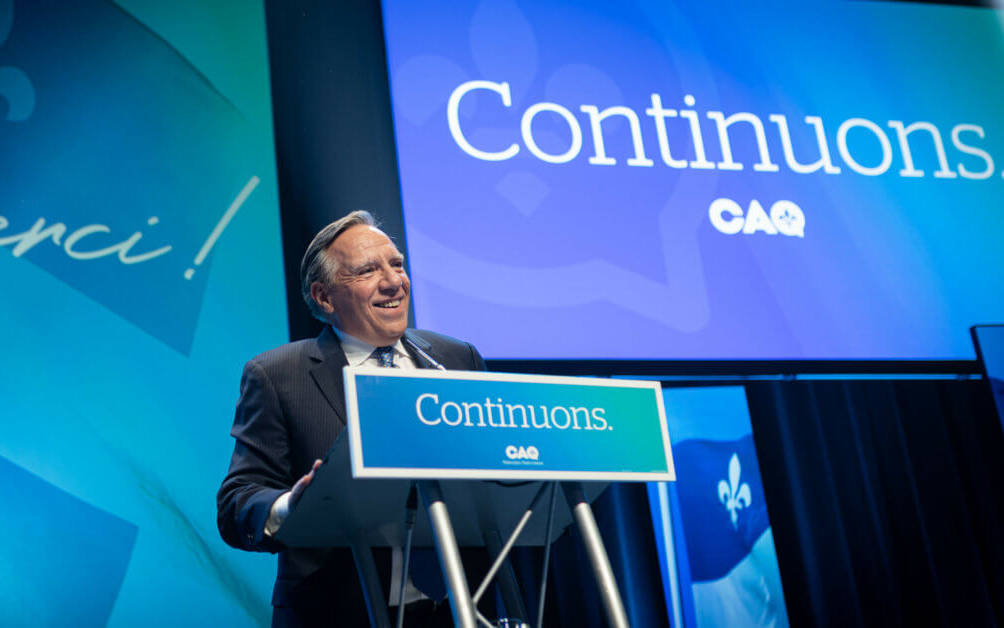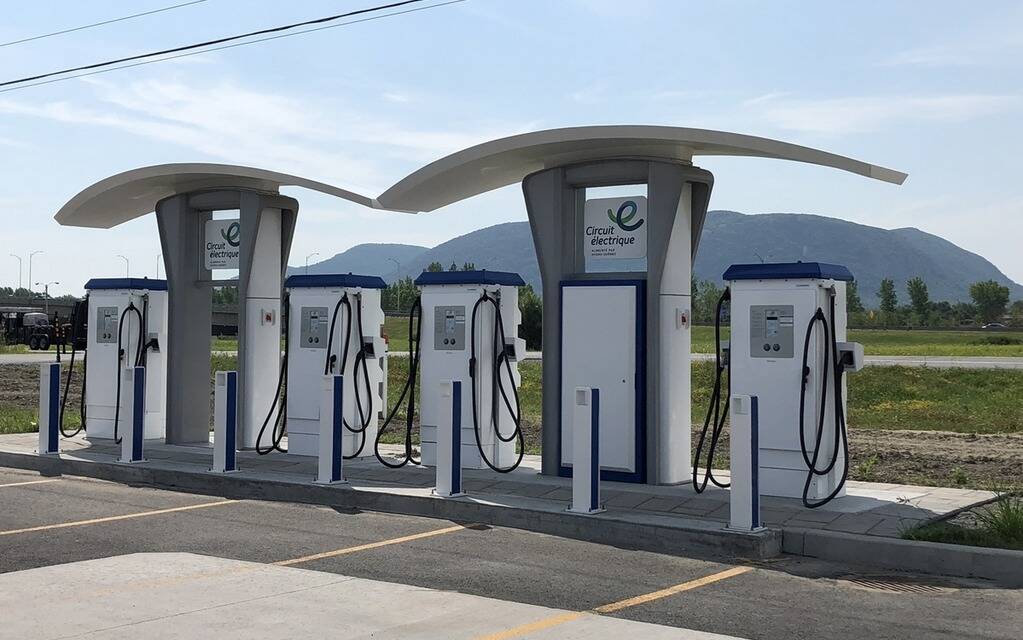What is Quebec’s Plan for Vehicle Electrification Moving Forward?
Unsurprisingly, the Coalition Avenir Québec (CAQ) led by Prime Minister François Legault won the Quebec provincial election on Monday. We’re not going to talk about that here, though. Rather, we want to look at what the government has promised and plans to do when it comes to vehicle electrification.
Under its 2030 Plan for a Green Economy and Sustainable Mobility Policy – 2030, the Legault administration aims to make Quebec a leader in green mobility in the Northeastern part of the continent.
For example, the Electric Circuit will expand significantly in the coming years. The CAQ plans to triple the number of level-2 public chargers (to 21,500) and double the number of DC fast chargers (to 2,200) by the end of 2026.
Also, as announced in the latest Quebec Budget, the rebate program for EVs and plug-in hybrids will be extended through March 2027. That’s great news for customers, especially with limited availability and long wait lists resulting from supply chain disruptions and various production issues. The rebates can run up to $7,000—or $3,500 in the case of a used EV—and don’t forget financial support of up to $600 toward the purchase and installation of a domestic level-2 charger.
In order to make more EV and plug-in hybrid models eligible, including SUVs, the maximum MSRP of $60,000 will soon be raised to $65,000. An official announcement could come in the next few months.
The government believes it’s on track to meet its goal of having 1.6 million zero-emission vehicles on the roads of Quebec by the end of the decade.
Elsewhere, up to $1.4 billion will help attract EV and battery manufacturers in the province looking for key minerals (graphyte, nickel, lithium, etc.). This includes an investment of $40 million to support the launch of an EV battery hub in the Mauricie region. Additional resources will be allocated to companies working to recycle old EV batteries.
Oh, and one last thing we want to point out: A pilot project is already in motion to support dozens of driving schools across the province in their efforts to transition to an all-electric fleet and train EV drivers of tomorrow.

